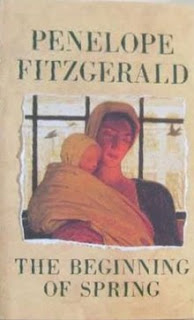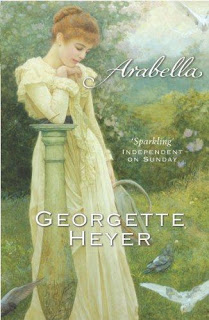In the mid-1950s, when I was fourteen or fifteen, I told my mother I was homosexual: that was the word, back then, homosexual, in its full satanic majesty, cloaked in ether fumes, a combination of evil and sickness.
Of course I’d learned the word from her.
Such is the very excellent beginning of this memoir of the life of author Edmund White. I learnt something in this book about writing, and something about psychotherapy, but mostly I learnt that there was a period after the sexual revolution and before AIDS where a certain generation had a truly incredibly amount of sex. And I mean, like really at lot. Like, I can’t tell if I believe it, but then I guess there wasn’t that much on TV.
As a side bar, let me just say how typical I think this is of this generation. They basically lucked out: no war, no Depression, just rising house prices and access to birth control. They took an absolute flame thrower to the environment, to the European Union, and to the notion that parents want a better life for their children. If there is one thing we have learnt about this generation, it’s that they will vote for themselves absolutely no matter what, and god help those coming after them. After Brexit, I don’t even like to give up my seat on the tube for an old person. I am so ready for the revolution.
Revolution aside, back to Edmund White. Unusually this book is organized not chronologically but by various themes ‘My Mother,’ ‘My Shrinks,’ ‘My Friends,’ and similar. As so often in memoirs (regular readers will know I am on a memoir kick) the childhood is the most vivid part. I wonder why this is? I have two hypothesis 1) Because you are just learning about life when you are young, it strikes you as more wonderful/memorable/unique; or 2) Because you are further away from it you have had more time to shape it into legend.
I tend to think it is 2). But in any case, White has a particularly interesting childhood, in the dubious position of ‘best friend’ to his divorced mother. He spends a lot of time in therapy, trying to be cured of his homosexuality. His therapist blames the parents (fully agreed; certainly nothing I’ve ever done has been my fault). However, as Edmund points out:
They were as eccentric as he – impoverished rural Texans unprepared for the world they’d created for themselves by earning money and moving North . . . they were self-made crazy people, all too full of dangerous feelings.
This was not a bad thing in his view, as he observes:
Some children complain because their parents fight or are divorced, without realizing the most neglected people of all are the offspring of love marriages. A husband and wife besotted with each other look at their children as annoying interlopers.
I’ve often thought this, but it’s the first time I’ve seen someone else mention it. He gives his parents other weird free passes too. Try this:
My father did try to seduce my sister, who many years later remembered that Daddy had come on to her when she was thirteen or fourteen. He’d tried to kiss her and fondle her. She’d said, ‘No Daddy, that’s not right.” She’d been a bit proud that she appealed to him – after all, our mother had often spoken of the elaborate ruses she’d imagined to reawaken his sexual attachment to her.
?!?!?!
White is clearly a writer, and the book is full of interesting observations, such as “. . . later I would discover that twelve-tone composers read Keats just as experimental poets listened to Glen Miller – few people were avant-garde outside their own domain” and “New York is a city of foreign accents in which no one ever asks someone where he is from except out of hostility or as a form of flirtation.”
But mostly this book is about sex. He will describe someone by their height, and their eye colour, or whatever, so-far-so-standard, but this is the only book I’ve ever read where people are also routinely described by their GENITALS. Sample:
I remember Jim had a long, thin cock and very warm balls.
I guess it makes sense. It must be so super weird for boys that all their junk is on the outside, instead of where it should be, and is for girls, safely on the inside, nicely protected from things.
The book gets bogged down in later pages in some serious name-dropping, in which he greatly overestimates how impressed we will be by how Foucault used to act at cocktail parties. However I still enjoyed it, as a window into what it was like to get to be in the generation that has burned the house down.


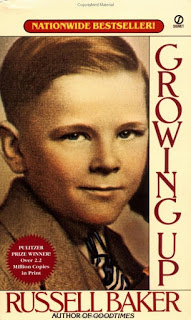
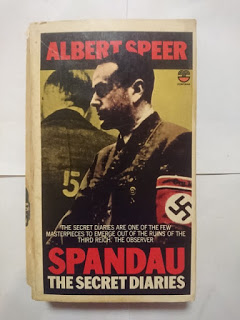
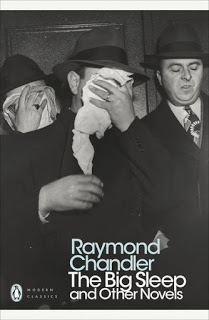
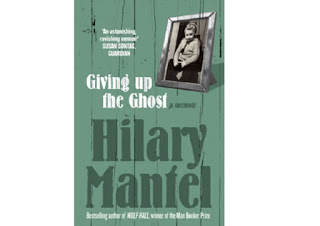
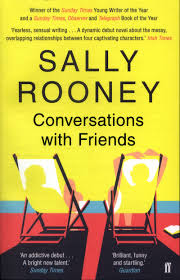 Fourth time through this book. I really can’t say why I like it so much. It’s something about the internal life of the central character, something about the extraordinarily contemporary language, something about the love story at the centre, but all that doesn’t really add up to how much I love it.
Fourth time through this book. I really can’t say why I like it so much. It’s something about the internal life of the central character, something about the extraordinarily contemporary language, something about the love story at the centre, but all that doesn’t really add up to how much I love it. 